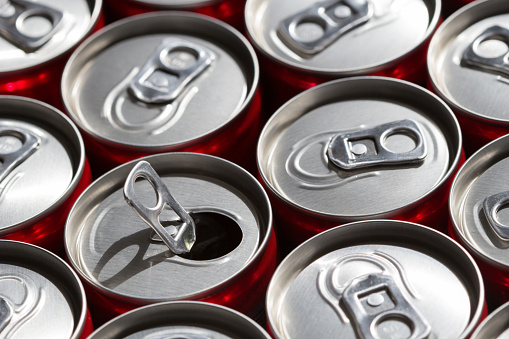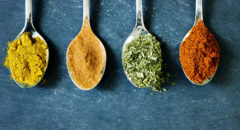
Diet soda is usually marketed as a healthier option than regular soda. There are ads and commercials that show lower calories, usually less sugar, blah, blah, blah, right? But, diet soda may actually increase the risk of blindness in people with diabetes, according to a study published in the Journal of Clinical and Experimental Ophthalmology.
Past research has linked diet soda to a higher risk of diabetes, heart disease, and stroke.
Some researchers believe that diet beverages may "fake out" the body to assume that it has taken in more energy than it really has. That may lead to more hunger and higher calorie intake in the long run.
The study included 609 adults -- 73 with type 1 diabetes, 510 with type 2 diabetes, and 26 with an unknown type of diabetes -- at an eye hospital between 2009 and 2010. The average age of the participants was 64.6 years. They came from the Diabetes Management Project, a study of English-speaking adults with diabetes in Melbourne, Australia.
Participants reported how many soft drinks they drank as part of a 145-question food questionnaire. Of the total sample, 46.8% drank regular soft drinks, and 31.2% drank diet soft drinks.
Almost a quarter of the participants had proliferative diabetic retinopathy.
Those who drank more than four 12-ounce servings of diet soda a week were two and a half times more likely to have the disease, researchers found.
Wow.
“In our clinical sample of people with diabetes, consuming, consuming more than four cans or more than 1.5 liters of diet soft drinks per week was associated with twofold increased risk of having proliferative diabetic retinopathy,” Eva Fenwick, the lead researcher and professor at the Duke-NUS Medical School Singapore, explained.
“Our finding that regular soft drink was not associated with increased risk of proliferative diabetic retinopathy could be due to the small number of high consumers.
Diabetic retinopathy is when high blood sugar levels cause damage to blood vessels in the retina. These blood vessels can swell and leak. Or they can close, stopping blood from passing through. Sometimes abnormal new blood vessels grow on the retina. All of these changes can steal your vision.
Diabetic eye disease also includes cataract and glaucoma:
Cataract is a clouding of the eye’s lens. Adults with diabetes are 2-5 times more likely than those without diabetes to developing cataracts. Cataract also tends to develop at an earlier age in people with diabetes.
Glaucoma is a group of diseases that damage the eye’s optic nerve—the bundle of nerve fibers that connects the eye to the brain. Some types of glaucoma are associated with elevated pressure inside the eye. In adults, diabetes nearly doubles the risk of glaucoma.
Diabetic retinopathy may progress through four stages:
Mild nonproliferative retinopathy - Small areas of balloon-like swelling in the retina’s tiny blood vessels, called...
...microaneurysms, occur at this earliest stage of the disease. These microaneurysms may leak fluid into the retina.
Moderate nonproliferative retinopathy - As the disease progresses, blood vessels that nourish the retina may swell and distort. They may also lose their ability to transport blood. Both conditions cause characteristic changes to the appearance of the retina and may contribute to DME.
Severe nonproliferative retinopathy - Many more blood vessels are blocked, depriving blood supply to areas of the retina. These areas secrete growth factors that signal the retina to grow new blood vessels.
Proliferative diabetic retinopathy (PDR) - At this advanced stage, growth factors secreted by the retina trigger the proliferation of new blood vessels, which grow along the inside surface of the retina and into the vitreous gel, the fluid that fills the eye. The new blood vessels are fragile, which makes them more likely to leak and bleed. Accompanying scar tissue can contract and cause retinal detachment—the pulling away of the retina from underlying tissue, like wallpaper peeling away from a wall. Retinal detachment can lead to permanent vision loss.









